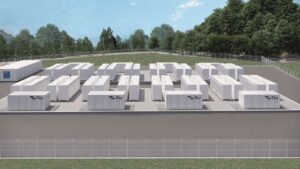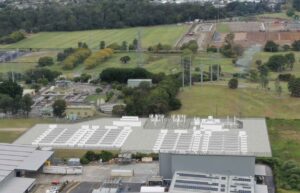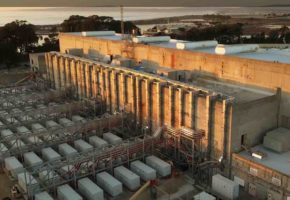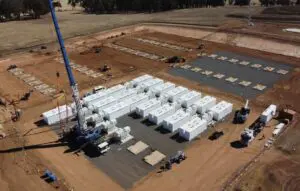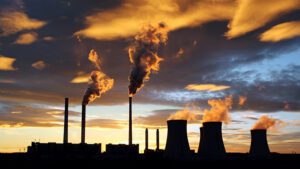Despite its emergence as a renewables “engine room” for Australia, a key electorate in Central Queensland is lacking sufficient support to prepare for the projected sharp decline in reliance on fossil fuels, says the Climate Council.
Fortescue Future Industries and other big industrials are converging on the Flynn electorate – based around Gladstone – with commitments that could see it emerge as a key hub for renewable energy generation, leaving behind its origins as a coal centre of Australia.
The 133,000 square km electorate enjoys a convergence of abundant natural resources, skilled workforce and existing industry base needed to be a leader in renewable energy and clean industry, they say.
But a new YouGov poll commissioned by the Climate Council reveals fewer than 2 in 10 people within Flynn believe their community is getting enough support to adequately prepare for a future with less fossil fuels.
Three-quarters of respondents aged under 35 want the government to prioritise investment in renewable and clean industries over coal and gas, according to the poll, which also indicates that half the population agree regional areas will benefit most from the uptake of renewables.
“As a region with a proud industrial heritage we need to ensure we plan and adapt for the changes that are coming in a rapidly decarbonising economy,” Kahn Goodluck, deputy mayor of the the Gladstone Regional Council, said.
“We have some of the biggest industry players in the world but we can’t leave it to industry and business alone, we need government policies and investment that support success,” Goodluck said.
High-purity alumina manufacturer Alpha HPA is nearing production at a new industrial plant in the region and plans to eventually hire about 150 workers – a small fraction of the tens of thousands of new jobs the region could generate through renewable industries, says the Climate Council.
The findings from the poll coincide with the launch of a new Climate Council report – ‘Australia’s Clean Engine Room: Central Queensland’s Industrial Future’ – which predicts accelerating investment and development in renewables and clean industries could create new export industries, add billions to the local economy and unlock tens of thousands of new jobs, while protecting existing manufacturing jobs.
“Alpha HPA produces the lowest emissions, high purity aluminium materials available in the market today which are critical ingredients in products like lithium-ion batteries for electric vehicles and e-mobility, as well as LED technology,” Alpha’s CEO Rob Williamson said.
Flynn’s abundant endowment of solar and wind resources coupled with its established industrial base is seen being successfully deployed into renewable-powered manufacturing.
“There are lots of economic opportunities for Central Queensland and we’re seeing that come to fruition through renewable energy and the storage that needs to be built, green hydrogen, green chemicals and manufacturing the parts to make these, but also through helping existing industries like aluminium to decarbonise,” Amanda Cahill, CEO of The Next Economy said.
There are currently over 5.6 gigawatts of battery, solar and wind projects planned in Central Queensland, which could see its renewable energy capacity increase by almost 20 times and create close to 9,000 jobs, according to estimates.
“Now state governments need to act quickly to ensure regions like Central Queensland can continue to capitalise on the world’s clean energy shift and lead in industries such as green steel, renewable hydrogen, critical minerals and battery manufacturing,” Nicki Hutley, climate councillor and and former partner at Deloitte Access Economics said.
“With the right leadership and support, Central Queensland could be transformed into Queensland’s clean engine room,” he said.
FFI in February broke ground on construction of the world’s largest electrolyser facility, marking the first stage of FFI’s Green Energy Manufacturing Centre (GEM) in Flynn’s Gladstone industrial hub.
The Climate Council wants local workers retrained for jobs in new, clean industries, including in the rollout of new transmission infrastructure needed to connect the state’s renewable energy zones.
It also sees the need to boost energy storage via a mandated renewable energy storage target and to get ready for coal closures through transition plans for coal-fired power stations by 2024.
“Ultimately, our competitors are not other green industries. Our competitors are fossil fuels,” said FFI’s head of manufacturing, Cameron Smith. “Renewables will become cheaper than fossil fuels and the second they do that, fossil fuels are gone and we’re doing something better for people, better for the environment and we can demonstrate how to do it commercially.”


